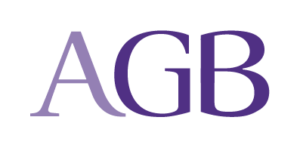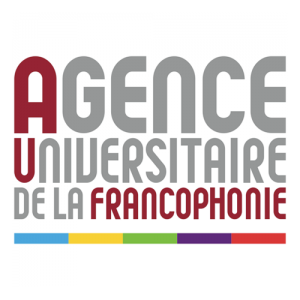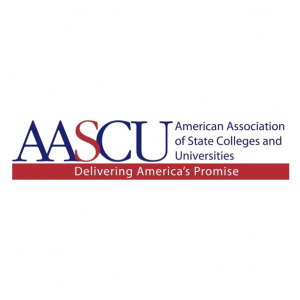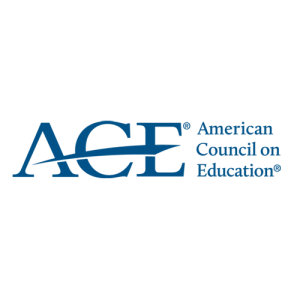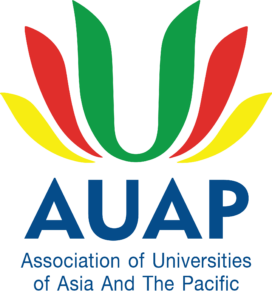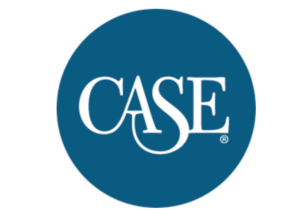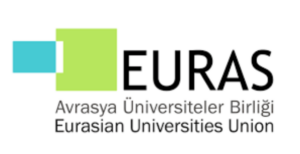IAUP Webinar Explores Global Higher Education Challenges and Opportunities
On March 31st, the International Association of University Presidents (IAUP) hosted a webinar addressing the evolving landscape of international higher education. The distinguished panelists included Dr. Shawn Chen, IAUP President and Founder & Chairman of Sias University; Dr. Fernando Leon-Garcia, President of Cetys University and Chair of the IAUP Board; Dr. Devorah Lieberman, President Emerita of the University of La Verne; Sarah Spreitzer, Vice President and Chief of Staff at the American Council on Education; and Heidi Tseu, Assistant Vice President for National Engagement at the American Council on Education.
The discussion focused on critical issues facing universities worldwide, such as policy shifts under the new Trump administration, institutional adaptability, and the future of international collaboration. The panelists emphasized the importance of collaboration between institutions, rather than isolation, to ensure long-term sustainability and success.
Dr. Shawn Chen welcomed the panelists and participants, sharing the vision of the IAUP presidency to foster global collaboration among university presidents and academic leaders. He emphasized that through open dialogue, mutual respect, and shared expertise, universities can collectively shape the future of higher education and have a lasting impact on the world.
Sarah Spreitzer provided an insightful analysis of the current federal landscape in the U.S. She discussed the impact of recent executive orders and congressional challenges on areas such as immigration policies, social-cultural issues, research funding, and institutional governance. Sarah stressed the importance of universities staying informed and strategically engaging with policymakers to navigate these challenges.
Heidi Tseu spoke about the National Engagement Initiative of the American Council on Education (ACE) and its role in developing policies and advocating for higher education. She highlighted the impact of federal and state policies, framed within the broader context of civil rights, educational funding, and programs that have emerged in recent years. She noted that campuses have increasingly become focal points for debates on identity, race, culture, and civil liberties. Heidi explained that there are three key concepts behind ACE’s development of the National Engagement Initiative: First, it is important to recognize that anyone can influence policymaking at the state level. Second, there is significant work to be done at the federal level to advocate for higher education policies, particularly given the states’ historical independence from the federal government. Lastly, state policies have the power to shape and expand the national agenda for higher education.
Dr. Fernando Leon-Garcia addressed the necessity for higher education to adapt, particularly in light of lessons learned from the COVID-19 pandemic. He noted that while the U.S. faces ongoing challenges, countries such as the UK, Australia, and Canada are already making significant changes that are reshaping international education. Dr. Leon-Garcia emphasized the need to expand access to higher education, secure adequate funding, and focus on student development and success. He also highlighted the importance of faculty rejuvenation and the integration of technology into academic practices. Dr. Leon-Garcia expressed concern that recent changes in the U.S. could alter its position in the global education arena, suggesting these shifts could change the dynamics of international higher education. He further discussed the critical role of research and the potential impact on federal research grants.
Dr. Devorah Lieberman, the moderator of the webinar highlighted the importance of creativity and flexibility in adapting to changing circumstances.
As visa and travel restrictions continue to increase, the panelists explored alternative strategies for sustaining international education. These included fostering regional partnerships, expanding virtual exchange programs, and strengthening cross-border academic collaborations. These strategies aim to mitigate the effects of restrictive policies and ensure continued global engagement for students and faculty.
The panel concluded with a focus on the vital role universities play in shaping public policy and safeguarding academic values. The panelists encouraged institutional leaders to actively engage with state legislators, monitor regulatory changes, and, if necessary, seek legal avenues to protect their missions and the rights of students and faculty.
Disclaimer: The views expressed by the panelists during the webinar do not necessarily represent the official positions of the institutions with which they are affiliated.

